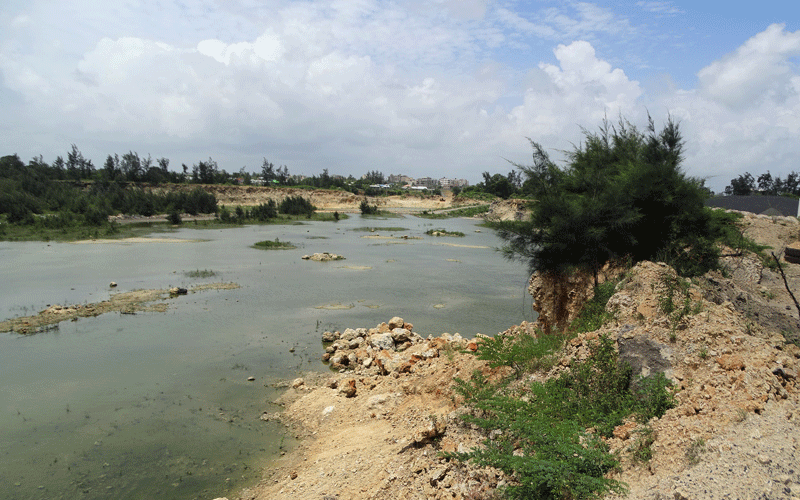Siphoning fuel a cheap way to die

Saturday night’s fuel tragedy that left at least 13 people dead in Siaya county could have been avoided.
Villagers, hoping to make a killing from an accident, are now burying their dead relatives and footing hefty hospital bills.
A fuel tanker collided with a milk lorry and the tanker overturned. Mothers woke up their children, jerricans in hand, to rush to the scene and siphon fuel they would later sell.
Some had their tots strapped on their backs as they scrambled for the fuel. Unknown to them was that the truck had hit an electricity pole and it is suspected that was the cause of the fire.
By yesterday evening 20 people were fighting for their lives in different hospitals.
It is not the first time such a tragedy has befallen the country. Barely 10km from Saturday’s accident scene at a place called Sidindi, 33 people died trying to siphon fuel from an overturned tanker on July 13, 1998.
Scores were injured, some with lifelong injuries. On January 31, 2009, the nation was engulfed in mourning when 113 people died from a fuel truck fire incident in Sachangwan, many others were seriously injured.
The fire was so bad that many of those who died were burnt beyond recognition. It does not have to be this way every time an oil tanker has an accident. Chances of such deaths and injuries are almost obvious.
Survivors of Saturday’s tragedy blamed the police for not cordoning off the scene of the accident.
This is lame and irresponsible. The young men who hauled jerricans from their houses to siphon fuel should not have done that.
The mother who woke up her children to rush to the scene to scoop some fuel is to blame.
The old men who couldn’t resist the allure of quick money are responsible for the deaths and injuries.
Safety is personal. Had the villagers kept off, their lives would be normal. The price they paid can’t be quantified.
How much were they going to sell the fuel for? The risk involved compared to the return is unimaginable.
Whereas police and other law enforcement agencies ought to have moved with speed and secured the area, they are not to blame for the irrational behaviour of the villagers.
It should be a lesson, albeit a painful one, to all Kenyans to stay away from fuel tankers. Losing life or suffering such injuries because of foolishness should stop.












